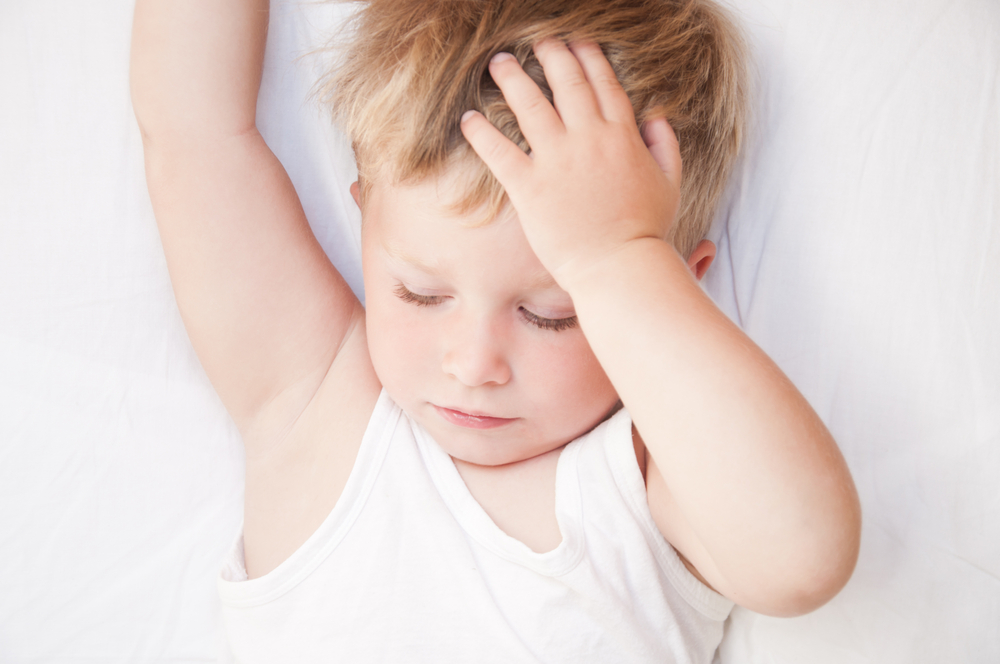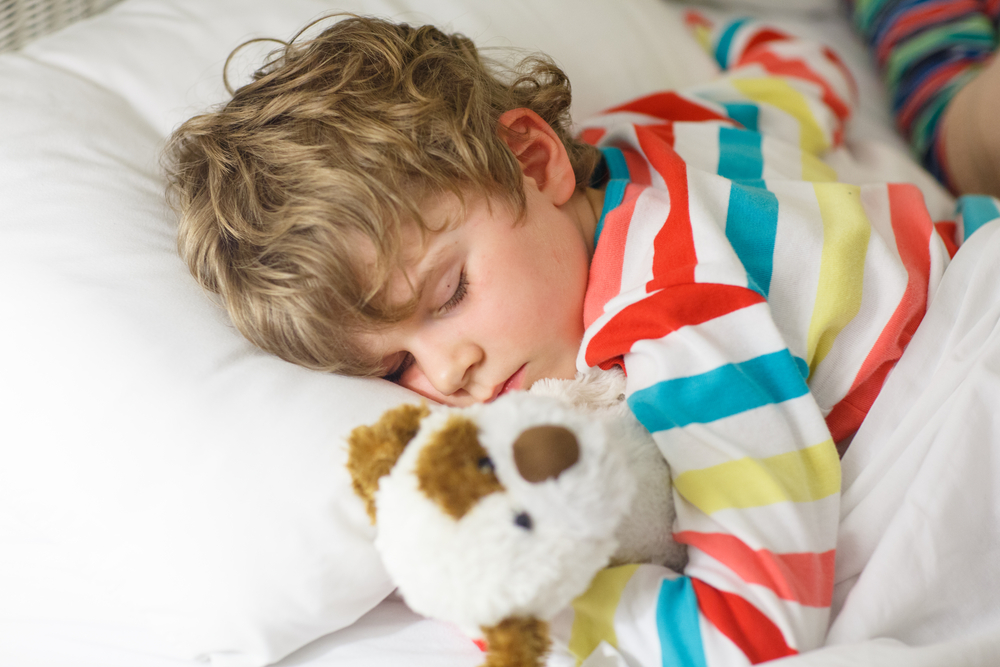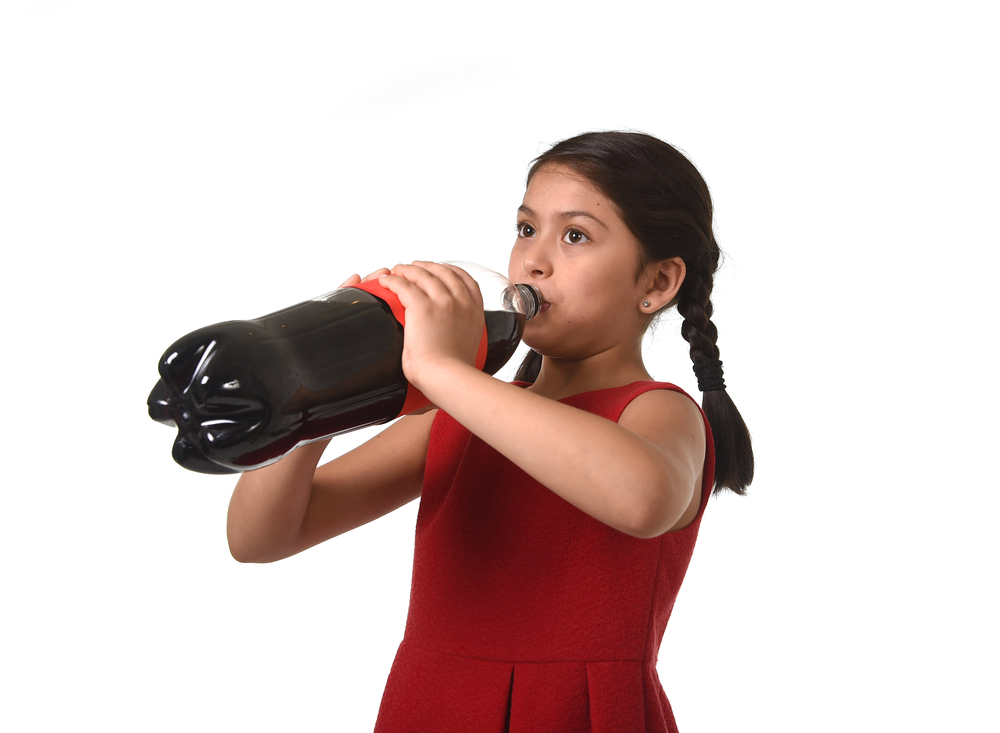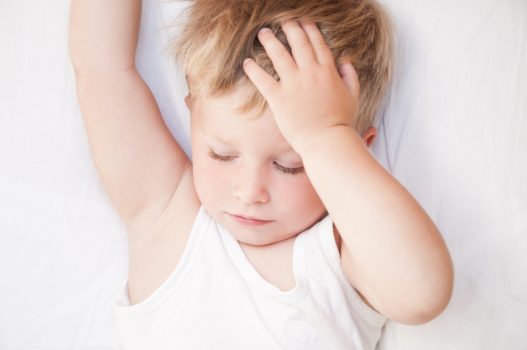If you have children who suffer from migraines, there are certain lifestyle changes that can help you and your children to take control over headaches.

So what can you do to help your kids manage their migraines?
-
Keep A Diary
According to a Washington DC Children Neurologist, one thing you can do is to keep a headache diary. This will help you to determine what things are triggers. As soon as a headache starts, you can encourage your kids to write down what they think might have triggered it, or write it down yourself.
Consider what foods were eaten, whether there were changes in the weather, sleep problems, stress, or other environmental triggers. Think about hydration and exercise too. This will help to uncover any patterns that you might miss otherwise. If you can identify the triggers, it can help to avoid those triggers.
Once you have recognized those triggers, work to avoid them. Triggers for migraines vary based on a person. What causes a migraine for you might not cause one for your child, and vice versa. It is for this reason that identifying specific triggers is so important.
Some common examples include the following:
-
Food
Different foods can cause migraines such as canned soups, yeast bread, alcohol, caffeine, raisins, chocolate, nitrites, MSG, cheese, sour cream, and beans.
On the note of food, skipped meals can also trigger migraines. Your brain needs nutrients in order to function. If you skip meals, you might get a headache because your brain is trying to work with no nutrients. You must make your children eat three meals per day, at least. This starts with breakfast, no matter how small the breakfast might be. Even small snacks in between meals can be helpful.
-
Weather Changes
Changes to the barometric pressure can cause migraines too. Extreme weather, including extreme heat and cold, can also do it. Generally, migraines triggered by such things are actually because of allergies or sinuses. This might not be a trigger you can avoid, but it is still helpful to know it is a trigger.
-
Sleep Changes
This is important for teenagers and kids. The number of hours of sleep is important, but so is having a regular sleep on a regular schedule.

This is the key to preventing migraines. In other words, if your kids go to bed at the same time every night during the week, and wake up at the same time, they should do that on the weekends too. If you let your kids start going to bed or waking up at different times on the weekend, you might notice more migraines are triggered.
-
Dehydration
Dehydration is the most common reason that kids get headaches. They need to stay hydrated. Consider getting your kids a reusable water bottle that they can carry around throughout the day. It is better to drink water, milk, or juice than it is to drink caffeinated beverages. It is especially important to be vigilant about hydration during the summer months or when your kids are playing sports.
-
Stress
If your kids are stressed, acute or chronic, it can lead to migraines. Kids can get headaches as soon as their stress is relieved too. Have you ever noticed your kids get a headache when the weekend starts, or after they finish a stressful paper?
-
Caffeine
Caffeine is difficult because drinking too much can cause a headache.

But, if you cut down quickly on how much you drink, it can also give you a headache. If you do not drink it regularly, and you start to get a headache, drinking caffeine can actually help prevent it from getting worse.
-
Overusing Medications
If you give your kids over the counter medicine too often, like Tylenol or Excedrin, it can cause a headache. These are typically what we give to kids once they get a headache, but giving too much or taking it too often can be the cause of headaches.
-
Exercise
Finally, exercise has actually been shown to decrease the chances of getting a headache, and how severe those headaches are. So, if you encourage your kids to exercise a few times per week, whether that is a walk, a job, a swim, or anything else, for at least thirty minutes, it can help them mitigate their migraines.

